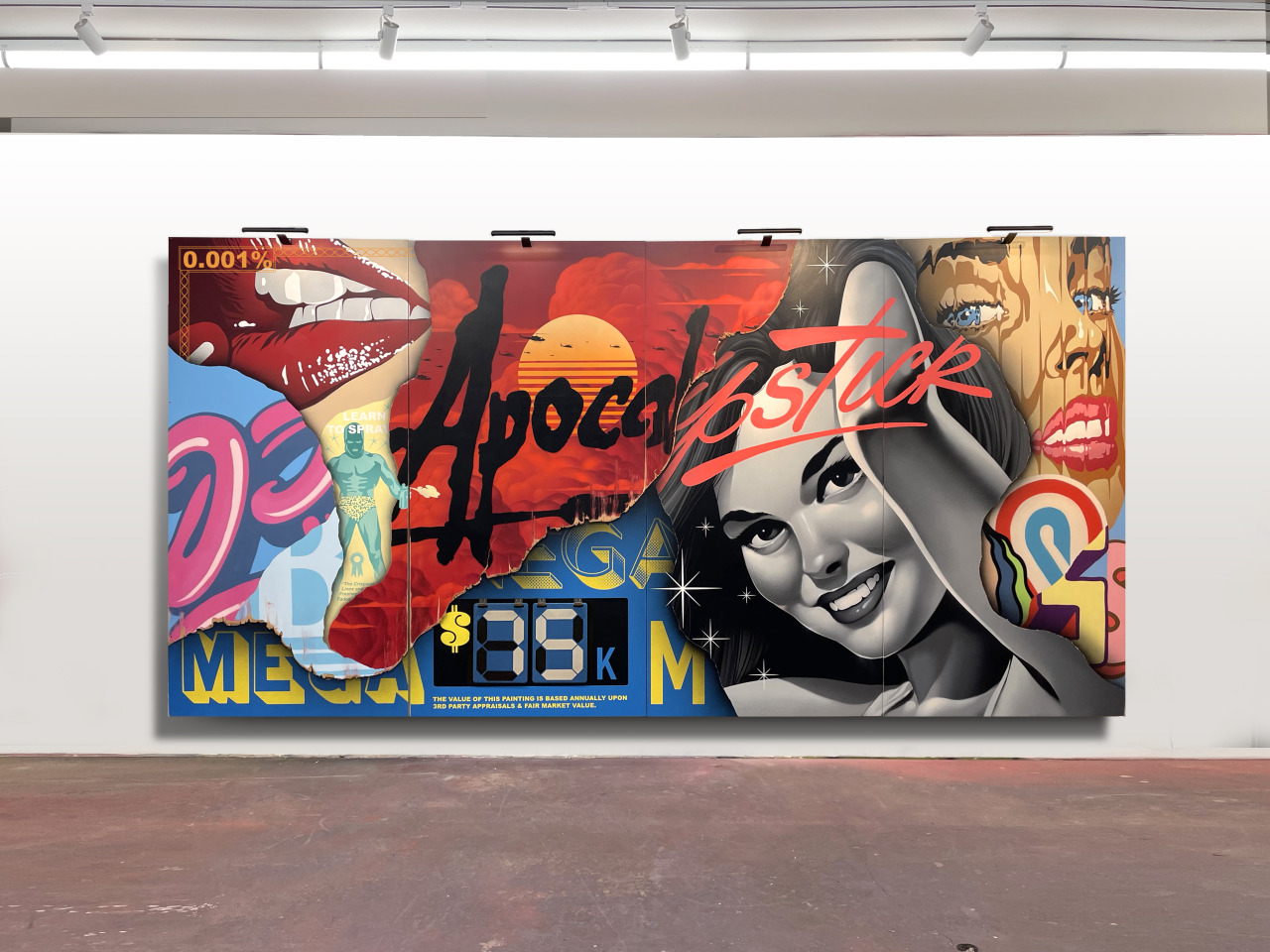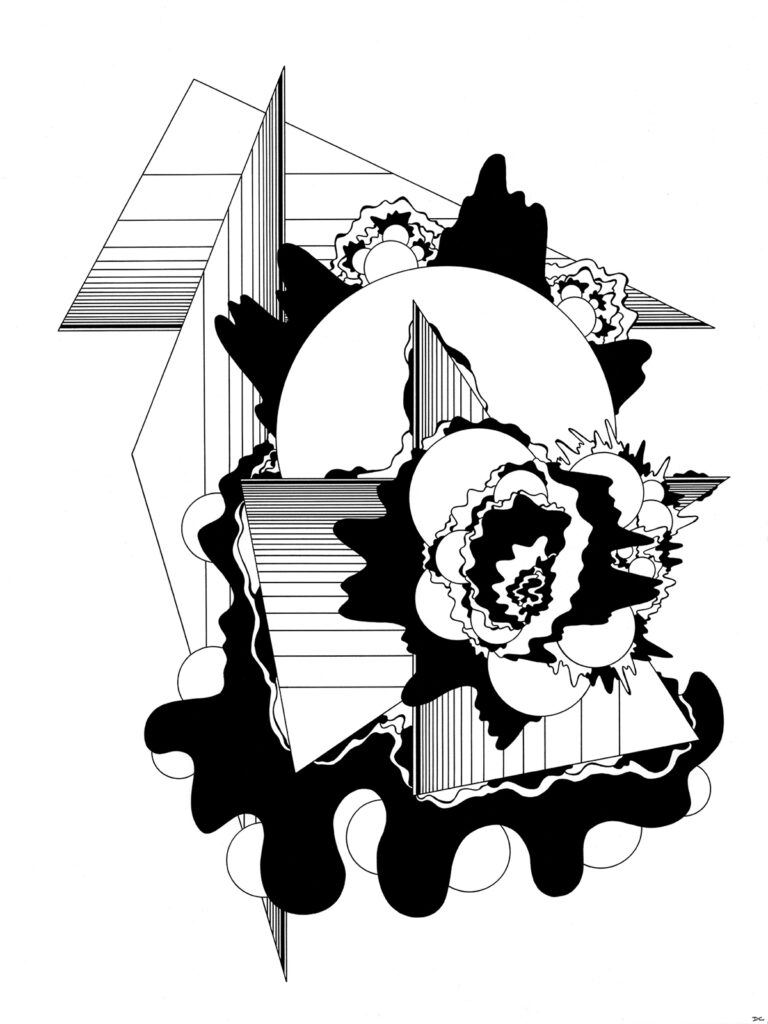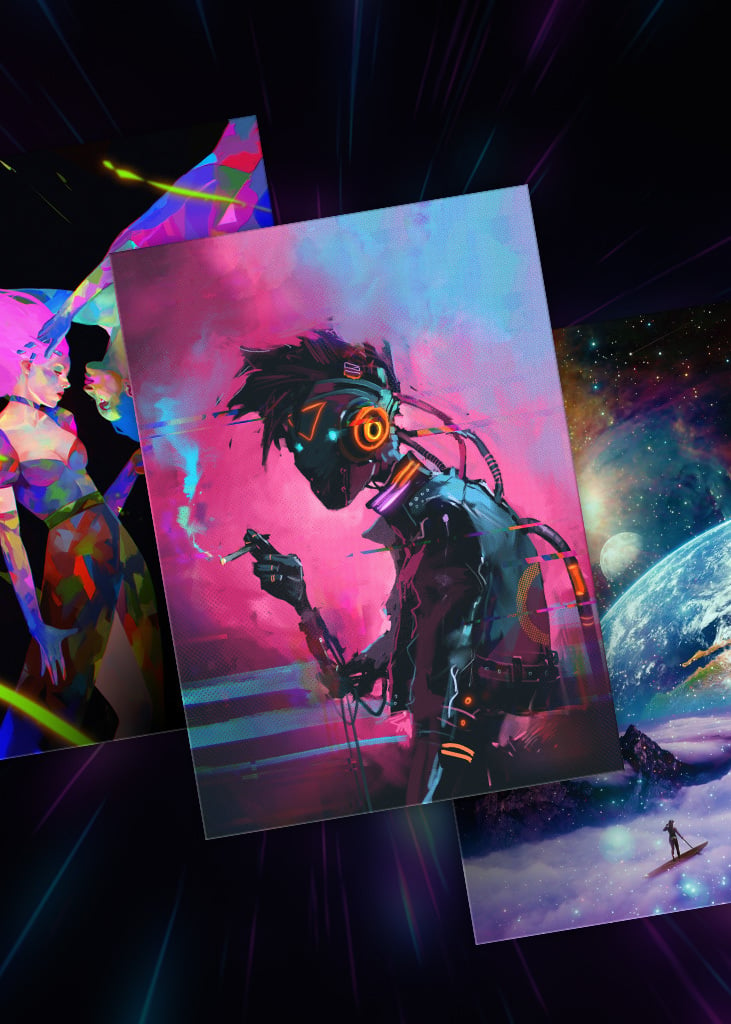HackDartmouth Draws 80 Students Seeking Tech Solutions
The seventh version of HackDartmouth, an once-a-year coding level of competition, was held at the MacLean Engineering Sciences Center this previous weekend. All around 80 college students collected to brainstorm ideas and build innovative technology options that handle issues in a assortment of sectors—health care, climate, instruction and much more.
The 24-hour occasion, themed “Hack on your wild aspect,” had 5 types for collaborating programmers to select from: wellness and recovery, empowerment, augmented actuality/virtual fact, cultural revitalization and clean up tech.
“This is the first in-individual hackathon we have had in 3 many years,” claims Katherine Lasonde ’23, director of HackDartmouth, a scholar-led plan. The party was cancelled in 2020 and held pretty much previous year owing to COVID-19 concerns. The contest typically welcomes participants across the state, but, out of an abundance of caution, was confined to Dartmouth pupils this year.
Prizes, really worth extra than $10,000 in all, ranged from intelligent speakers and tablets to swag packing containers from sponsors.
The overall health and recovery stream was the most competitive group, suggests Lasonde. “A whole lot of individuals ended up gravitating toward psychological wellness because it is these kinds of a pertinent problem at this existing time, specifically amongst university learners,” she states.
This was evidenced in the entries that positioned first and next in this category. Sadbird, established by Matthew Timofeev ’25, Eric Lu ’25, Aneesh Patnaik ’25, and Rishav Chakravarty ’25, flags adverse and emotionally bewildering tweets that end users can decide on to prevent. Elizabeth Frey ’24, Russell Chai ’24, and Annie Qiu ’24 developed WellBuddies, a digital buddy that delivers custom made solutions to inspire pupils to prioritize their nicely-becoming.
Ziray Hao ’22, Vivek Hazari ’22, Daniel DiPietro ’22, and John McCambridge ’22 bagged the prize in thoroughly clean tech for Canary, a mobile application that promotes socially dependable investing by evaluating the carbon footprint of a user’s investment decision portfolio.
Plant Buddy and Greenlight had been awarded very first and 2nd put in the empowerment class. The former, made by Sherry Liu ’22, Ashna Kumar ’24, Madeleine Bernardeau ’22, and Chavin Udomwongsa ’24, allows buyers care for their crops improved. The latter, created by Steven Mendley ’24, Jackson Desmond ’24, and Tucker Simpson ’24, is an app for Apple iPhones that manages entry of guests into Greek spaces on campus.
The prize-profitable entry in the AR/VR class was RemembVR, a virtual truth experience that builds nostalgic timelines for buyers from their images and audio playlists. It was designed by Julian Wu ’22, Brandy Zhang ’22, and Macy Toppan ’22.
Benedict Tedjokusumo ’23 designed Why We Consume, an application that gives personalized community dining choices. The application gained next prize in the cultural revitalization category. The best winner in that classification was Diversifi, a world-wide-web application developed by Ravin Anderson ’24, Julian George ’24, Andrew Chen ’24, and Alphonso Bradham ’24, that introduces consumers to new new music from other cultures, applying playlists to gauge their musical tastes.
Lots of individuals did not have a history in laptop science, Lasonde notes. She hopes to see a even bigger turnout at next year’s occasion, tentatively scheduled on April 15-16, 2023.
Groups competed in HackDartmouth VII as pupils developed tasks in excess of a 24-hour interval. (Photograph by Julia Levine ’23)







